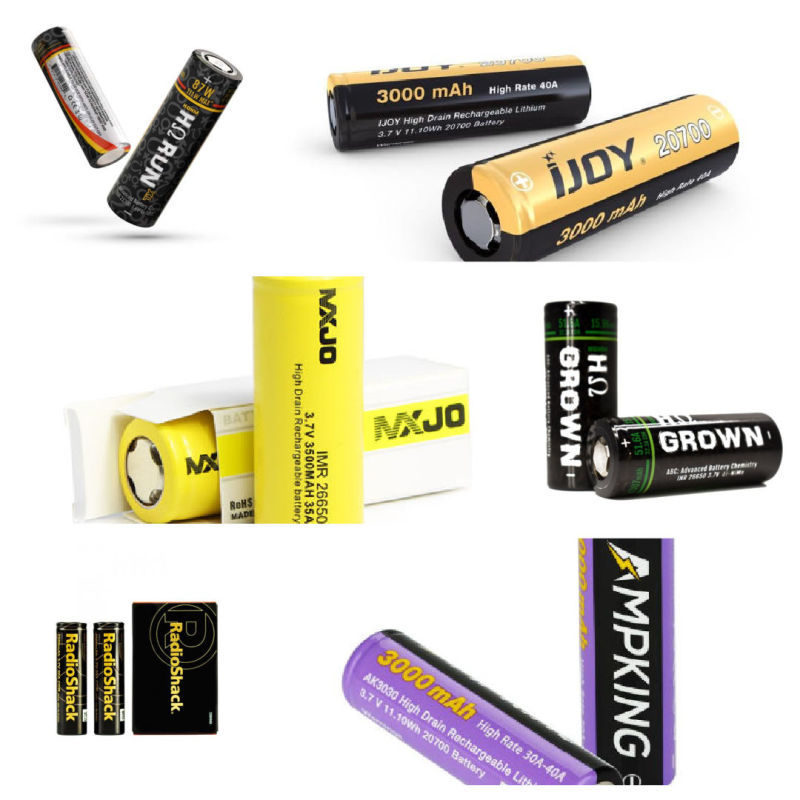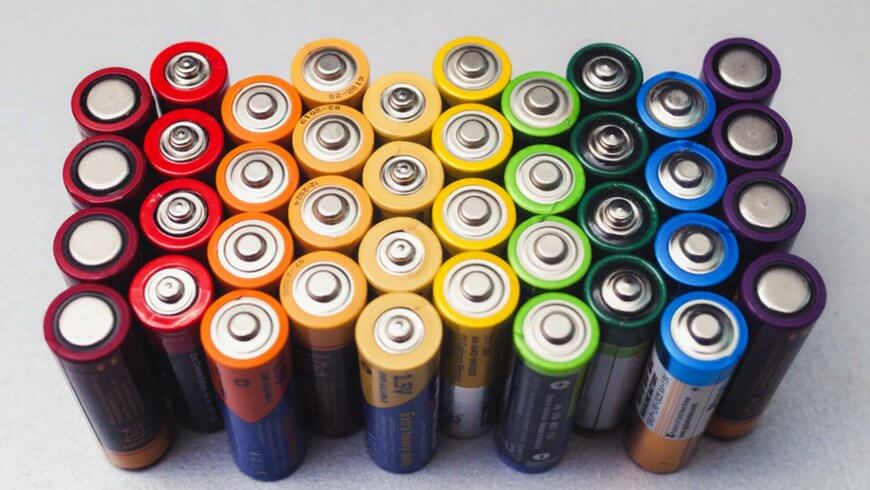Vaping is more popular than it's ever been, and more and more people are talking about it. Most of it is good, but there are some rare instances of vape kits at the lower end of the market overheating or even exploding, and that's gotten some people concerned. There's been an article about it in the Worldwide Press, and America's Food Drug Administration have set a date to discuss the matter. But what's really going on here? Is this something the average vaper needs to worry about? If you're thinking about getting into vaping, you want to know the facts and you want your safety to be assured.
Avoiding poor care of vape batteries
Like all evidence-gathering around vaping, there's not a lot to go on yet. Vaping is still a very new trend so there's not enough data to form a consensus on what's actually happening, but here are some facts. According vaping specialists, E-Cig One, there have been 204 global incidents of vape batteries catching fire between 2009 and 2016. This figure is astonishingly low, but it's right that people should feel slightly concerned and the media reaction only serves to heighten that concern. It's important to note that battery fires are not exclusive to vapes, and can occur in mobile phones, laptops, tablets and other pieces of technology. Sometimes these are down to manufacturing errors (as was the case with the exploding Samsung Galaxy Note 4 last year), but more often than not it's down to poor battery care.
Most vape fires are the result of poor care of vape batteries or careless modding without enough experience of Ohm's Law.
What kind of batteries are vape batteries?
Most vape kits on the market will have Lithium-ion batteries. In many ways, they drive our society. They're commonly used in phones, laptops, tablets and virtually anything that needs to be powered on the move. However, with great and extensive use of one piece of technology, there's always a risk that something may go wrong. In 2006, Sony recalled 9.5 million notebook batteries because of their fire risk. A year later,Toshiba recalled 81,000 Panasonic battery packs used in their laptops because of fire risk. And we all know what happened with the latest Samsung Galaxy Note 4.
Why do Lithium batteries catch fire?
Lithium-ion batteries are prone to something called ‘thermal runway’. This occurs when a process is accelerated by an increase in temperature, which in turn releases energy that increases the temperature further. The hotter the battery gets the more energy is released, the more energy is released, the fiercer the temperature gets.
The point is, this technology isn't perfect and isn't vaping's fault. Poor battery design and bad fittings can lead to problems with overheating, as can selecting cheap components and low quality materials.
How to use vape batteries safely
The vast majority of vape kits on the market are perfectly safe, with built-in safety features that have been heavily regulated. Of course, there are some on the extremely cheap end of the market that it would be advisable to steer clear of, but as the market learns and becomes more regulated it's getting harder and harder to get your hands on 'dangerous' kits. The real risk, if you would call it that, lies with heavy modding. Vapers who love to experiment and trial different mods have an endless list of possibilities, but these custom modifications must only be attempted with an expert level of knowledge. With heavily modded mechanical devices, there is often no safety cut-off and if the battery is pushed too far it can vent, leaking dangerous chemicals that can lead to all sorts of problems.





COMMENTS